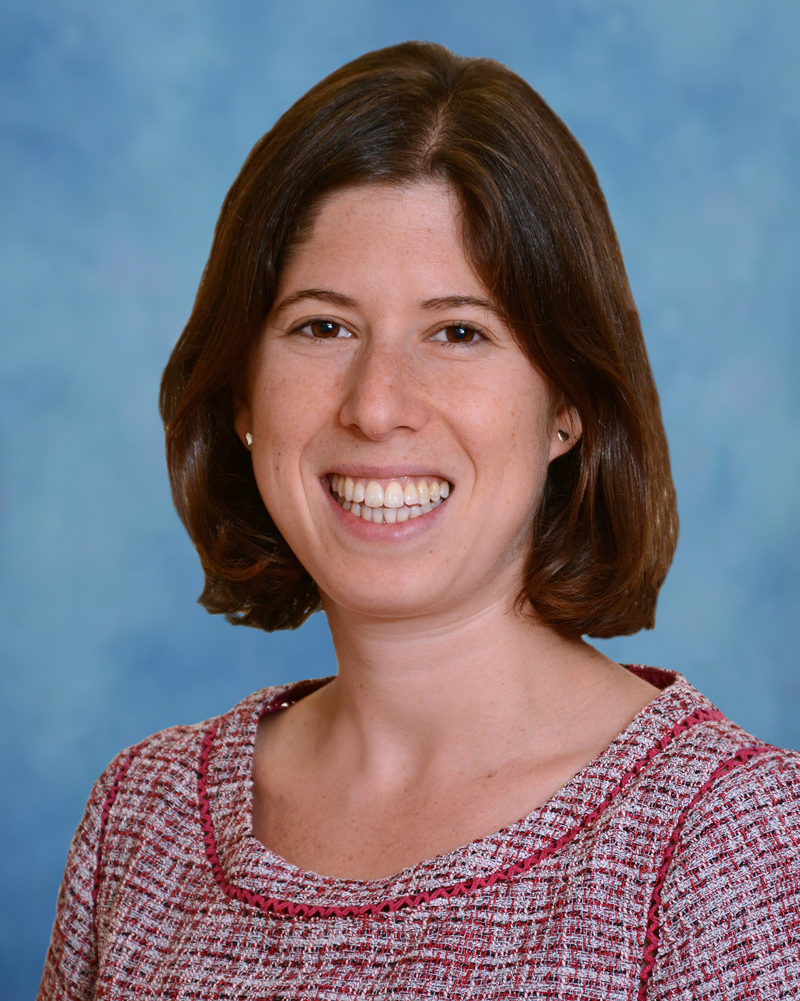 Madeline Haas, MD, a primary care provider for Albany Family Medicine, wanted to increase the number of opioid use disorder patients the practice treats, so she turned to the Opioid Response Network (ORN). ORN, a grant funded by the Substance Abuse and Mental Health Services Administration (SAMHSA), provides localized technical assistance (TA) to state agencies, healthcare systems, communities and individuals.
Madeline Haas, MD, a primary care provider for Albany Family Medicine, wanted to increase the number of opioid use disorder patients the practice treats, so she turned to the Opioid Response Network (ORN). ORN, a grant funded by the Substance Abuse and Mental Health Services Administration (SAMHSA), provides localized technical assistance (TA) to state agencies, healthcare systems, communities and individuals.
Aimee Campbell, PhD, lead implementation scientist for ORN, was called upon to respond to this TA request. Through discussions with Dr. Haas, it became clear that her practice would be a perfect fit for a more comprehensive approach that Dr Campbell was leading through Providers Clinical Support System (PCSS), another SAMHSA grant initiative. Both grants are led by the AAAP and work collaboratively to avoid duplication and benefit from support and resources across efforts.
After a successful pilot, PCSS created PCSS Implementation, a project within PCSS that provides implementation technical assistance to healthcare organizations and providers for the use and/or expansion of substance use disorder services, including medications for opioid use disorder (MOUD).
Dr. Haas is the Albany site’s “local champion,” who is leading the efforts to implement MOUD into the clinic. Currently, the site has eight prescribers waivered to prescribe buprenorphine for the treatment of OUD, but only Haas is currently treating patients. Her goal is to have the practice’s 12 physicians, two nurse practitioners, and 18 residents get their waiver to prescribe. Residents in particular have expressed enthusiasm for the program, Haas noted.
“There was a lot of buy-in and people wanted to get ready,” Dr. Haas said. “The buy-in from the chair of our department and the medical director of our clinic has been absolutely essential.”
While Dr. Haas had begun implementing MOUD into Albany Family Health, she said PCSS has acted as a catalyst, providing essential motivation, resources, clinical expertise, and keeping the momentum going. The practice meets once per month with PCSS’s clinical expert Eric Gunderson, MD, but Dr. Haas frequently touches base with him whenever she has a clinical question.
While Dr. Haas has been treating OUD patients since January, she hopes the rest of the prescribers will begin treating patients by March.
PCSS “has been so helpful,” Dr. Haas said. “I’m not sure we’d be pushing the program forward in the same way without the grant.”
Learn more about PCSS Implementation.

